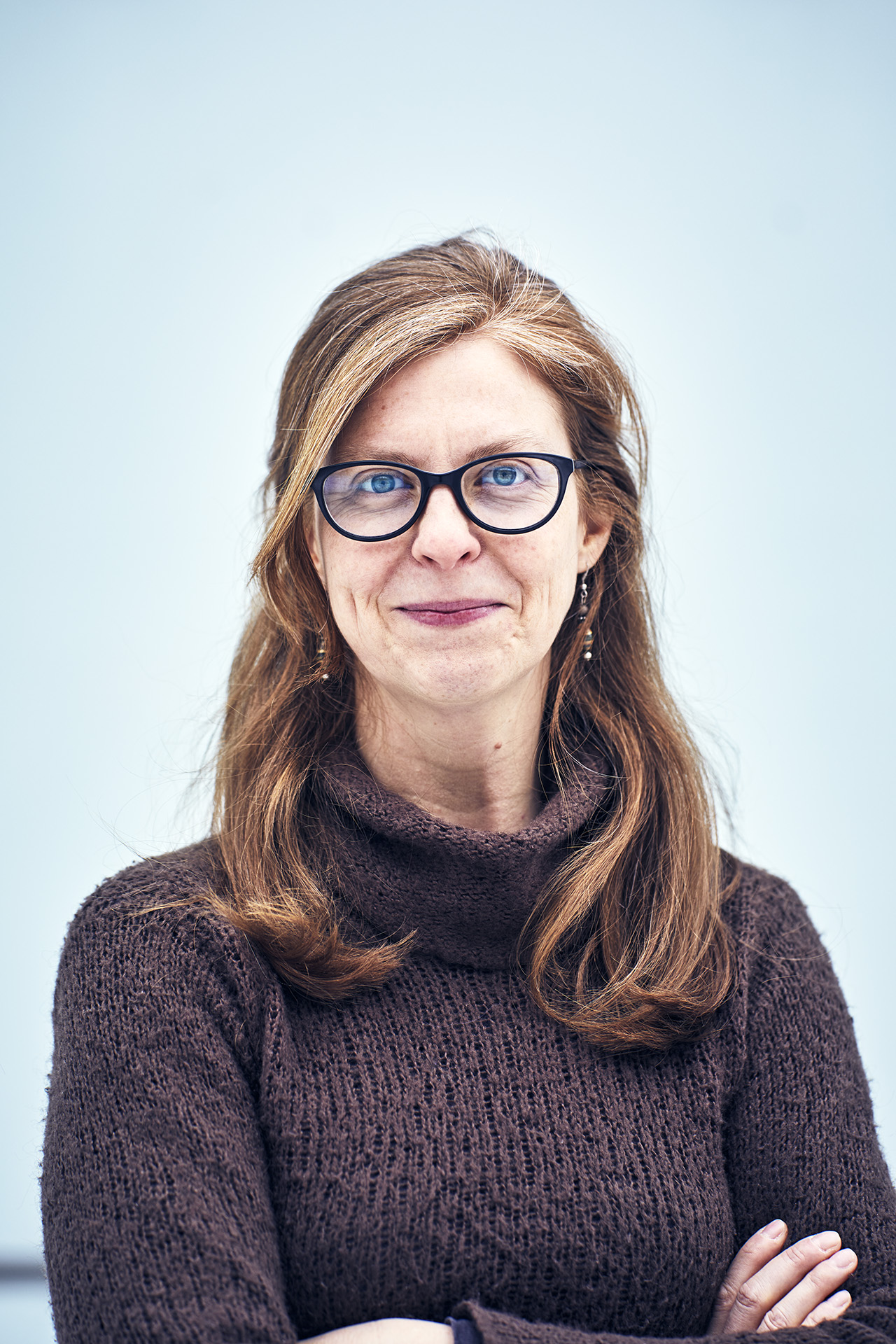An economy for people and planet, not for profit
Dr. Jennifer B. Hinton
The For-Profit Economy
Any economy is organized to achieve certain goals. A sustainable economy focuses directly on meeting human and environmental needs. In contrast, our economy is currently organized to achieve the goal of making money for business owners. I call it the for-profit economy. It consists mostly of for-profit businesses, which are set up to deliver profit to the owners. By profit, I mean the extra money that's left over after a company covers its costs, like paying for its supplies and paying its employees’ wages.
The idea behind this for-profit economy is that everyone will benefit because, by pursuing more money for themselves, investors will start up businesses that produce useful things. They will provide jobs and income for people to buy the things they need. And the profit motive is supposed to incentivize companies to innovate solutions to our social and environmental problems. It sounds great, right? Business owners make more money. People have jobs and the things they need, and environmental problems are all solved.
Unfortunately, that's not how it actually works. Instead, the for-profit economy is wreaking havoc on people and the planet. Let me explain. Because the for-profit economy is driven by the desire to get rich. Most business owners tend to accumulate the profit they make from their businesses. At the same time, there's an inherent incentive for business managers to keep wages as low as possible in order to deliver profit to the business owners. And so, this dual pressure of business owners accumulating surplus on the one hand and wage stagnation for workers on the other is driving the incredible rise of inequality that we're seeing both within and between countries. In fact, the last few decades of global economic growth have only made the rich richer and left the poorest people in the world in poverty (Alston 2020). A recent study found that the ten richest people in the world have as much wealth as the poorest 85 countries (Baltrusaitis 2020). That's billions of people. Meanwhile, 800 million people don't have enough to eat every day (World Health Organization 2022). Clearly, some people have way more than they'll ever need, while others simply don't have enough. And then, of course, there's the environmental impacts of all of this consumption and economic growth.
Companies use advertising to convince us to buy more stuff so that they can make more profit for their owners. They tell us that we're not beautiful enough, that we're not smart enough, and that we're not happy enough, and that if we only buy, their products will be smarter, happier and more beautiful. Companies also often design their products to become obsolete before they need to. This is known as planned obsolescence. So, think of your laptop or your mobile phone or even the clothes you're wearing. These products are routinely designed to become obsolete so that you have to buy a new version sooner rather than later. So, people keep buying more and more stuff that they don't really need. And all of this has enormous environmental impacts. All of our products and services require energy and materials to produce, and at some point, they become waste. In this way, the for-profit economy is driving environmental crises like the climate crisis and biodiversity loss and deforestation. The Earth simply cannot support this level of consumption and production. And yet we are told by mainstream economists and politicians that we should keep trying to grow the economy. It's insane.
To summarize, the for-profit economy is driving both inequality and environmental crises because it is organized for the purpose of making the business owners rich. And it is doing that very well. Many business owners and investors are very rich indeed, but that comes at a huge human and environmental cost through the exploitation of people and planet.
A Sustainable Not-for-Profit Economy
If we want to meet everyone's needs in harmony with the planet, then we must reorganize the economy around different goals. We need the economy to focus directly on human and environmental needs. But what would that kind of economy look like? How would it work? Luckily, we already have a head start. There are plenty of examples of more sustainable economic institutions that already exist on the national level, for instance.
Countries can move their policy goals and their measure of progress away from gross domestic product or GDP, which is basically just a measure of how much stuff is produced every year. And they can move towards something like Gross National Happiness or the Happy Planet Index, which take into account a variety of environmental and public health indicators. A growing number of countries are already making the shift to focus more directly on the well-being of their people and less on GDP. These include Finland, Bhutan, Scotland and New Zealand.
Businesses and markets can also change. They can be set up to benefit the wider community rather than make investors rich. There are plenty of examples of these kinds of businesses all over the world. These include community owned renewable energy companies, second-hand shops that use their profit to alleviate poverty, consumer co-operative grocery stores that focus on local producers, and sustainable transportation companies that use their profit to make their services more accessible. Many of these businesses are not-for-profit businesses, and that means that their legal framework requires them to have a social benefit purpose at their core and to use all their profit to achieve that social purpose. Crucially, they cannot deliver any profits to private investors.
An economy made up of not-for-profit types of businesses would have very different social and environmental outcomes compared to the for- profit economy. First of all, there would be much higher levels of equality because there would be no private owners accumulating the surplus and no inherent incentive to suppress wages, so everyone can receive a living wage. In this type of economy, investment responds to social and environmental conditions. This is because not-for-profit businesses are set up to channel investment and resources to meeting community needs and addressing problems. Importantly, this type of economy will allow us to reduce and get rid of unnecessary production and consumption, which is something we have to do if we are going to address our environmental crisis. Because not-for-profit businesses aren't under pressure to produce profit for owners, they can actually reduce their sales and even shut down if they are no longer needed.
A sustainable, not for profit economy would involve a lot more sharing and swapping. For instance, in our neighborhoods, we can share things like tools and bikes and cars and washing machines. And when you're sick of your same old shirt, but it's still in good condition, go swap it for another shirt at a clothing swap. Sharing and swapping like this allows people to meet their needs without buying new products. And that's good for the environment. But it's also good for people, when households don't need to constantly buy more and companies don't need to constantly sell more and everybody's making a living wage. Then people can afford to work less. In fact, many sustainable economy scholars argue that we should have much shorter working hours. And that would give us more time to do more enjoyable things like relaxing, spending time with loved ones, playing sports and games, creating art and music, and spending time in nature.
For me, a good life is full of fun and creativity and learning and love. At the core of it, is a sense of connection, purpose and security - feeling connected to myself, to the people around me, and to nature; knowing that what I do matters; and feeling secure enough to enjoy it all. Right now, we're all caught up in an economy that pushes us to work long hours at unfulfilling jobs and tells us that shopping will make us feel better. We're collectively caught up in a vicious cycle of stress, isolation, and consumerism. And it is causing an environmental catastrophe. But luckily, we can transform our economy to something healthier; something that allows people and the planet to flourish. We can have a sustainable, enjoyable, not-for- profit economy.
Read more: www.jenniferhinton.org
Watch the video on YouTube.

